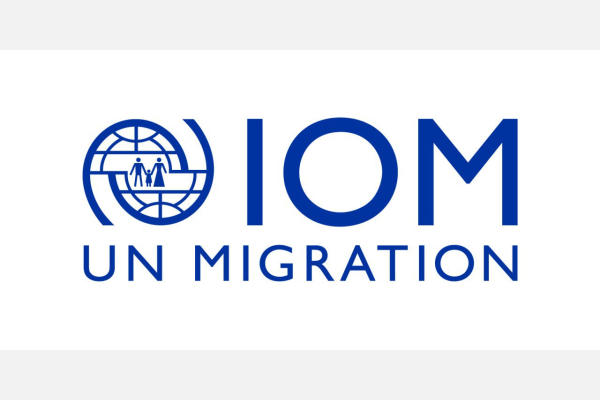Repository of Practices

Intercultural Communication
Secondary GCM Objectives
Dates
Type of practice
Summary
The diversity of national, cultural, linguistic and ethnic origins has opened up an opportunity for Argentina to work on integration, social cohesion and non-discrimination from an intercultural and human rights perspective, with an increasing need for an awareness-raising campaign to facilitate settlement and integration of migrants in the host communities.
In 2020, in partnership with the Human Rights Secretariat of the Ministry of Justice and Human Rights, a national strategy was developed to ensure a more diverse cultural approach. It aims at encouraging actions to improve the reception and integration of migrants and refugees in Argentina and to strengthen the institutional capacities of government agencies, local governments, and organizations of the civil society responsible for providing services and guidance to migrants and refugees, while putting into practice a culturally sensitive and human rights-based approach. Within this framework, IOM Argentina led and financed the development of a Guide to strengthen the intercultural and human rights perspective for those who train civil servants. In preparation of this guide organizations from various provinces that serve migrants, refugees, Afro-descendants and indigenous populations were interviewed.
To promote migrants’ access to employment and to create more inclusive, plural and respectful work environment, IOM Argentina, the General Directorate of Collectivities, and the Undersecretariat of Human Rights and Cultural Pluralism of the Government of the City of Buenos Aires, launched a series of workshops on intercultural communication aimed at the private sector. Five companies have participated in the workshops to date, and the key topics covered are: current migration trends; promoting an intercultural approach at work; encouraging respect for and appreciation of migrants; recognizing migrants’ contributions to the host communities; labor rights; intercultural communication; equal treatment of and non-discrimination towards migrants; and removing prejudices and stereotypes towards migrants. As a result of this joint effort, a booklet titled “Migration, Human Rights and Intercultural Communication in a Work Environment”, was developed to allow private sector organizations to broaden their knowledge on migration matters and on the regulatory frameworks in Argentina and to put into practice an intercultural and human rights approach in their company. The booklets were delivered to each company, and IOM Argentina also disseminated the material on IOM website and social media. The training and the booklet emphasized that migrants are allowed to take up employment even when they do not have a permanent resident status.
Organizations
Main Implementing Organization(s)
Detailed Information
Partner/Donor Organizations
Benefit and Impact
The Human Rights Secretariat of the Ministry of Justice and Human Rights plans to continue apply the human rights approach from a culturally sensitive perspective and strengthen public policies regarding migrants, refugees, Afro-descendants and Indigenous peoples. These partnerships will lead to more inclusive societies where cultural diversity is celebrated and considered as a source of enrichment and where various cultural groups are appreciated and recognized as equal.
Key Lessons
The virtual modality in the delivery of the trainings has proven to be challenging It has forced the team to think about group dynamic and deal with other practical challenges while maintaining the interest and attention of all participants. Several activities were designed that required participants to be more fully engaged, using platforms and tools such as Kahoot, videos, and participants' own experience relevant to the topic at hand.
Recommendations(if the practice is to be replicated)
Innovation
Additional Resources
Date submitted:
Disclaimer: The content of this practice reflects the views of the implementers and does not necessarily reflect the views of the United Nations, the United Nations Network on Migration, and its members.
More Related Practices:
- Tablero Interactivo Estadísticas sobre Movilidad y Migración Internacional en México
- Encuesta Nacional Migrante de la Argentina (ENMA)
- Cultural advisories in the services of maternity´s health for the indigenous cross-border community Ngäbe Bugle (WHP)
- A Journey of a Thousand Mile Begins with a single Step: Djibouti’s Experience in Strengthening Migration and Displacement Data Governance
- A designated migration module for processing comprehensive migration data in the existing Information Monitoring and Evaluation system of TB patients in the Republic of Moldova (SIME TB)
Peer Reviewer Feedback:
*References to Kosovo shall be understood to be in the context of United Nations Security Council resolution 1244 (1999).
Newsletter
Subscribe to our newsletter.